Wireless charging still feels like a new innovation, but it has actually been around for quite a while. Samsung was among the first to adopt remote charging, building it into their Galaxy range. But the technology has received a much-appreciated boost now Apple has adopted it with their latest range of iPhones.
There were some unmistakable questions when it initially entered the scene, yet issues like the requirement for an exact position or fantastically moderate charging speeds have liquefied away as the innovation of the product has progressed.
Here at MyMemory, we’ve been enormous fanatics of wireless charging for a couple of years now. Charging without wires, maintaining a strategic distance from the ever endured revel of the busted charging cable, you’ll figure out how to value the expanded lifespan you’ll get from having a wireless charging pad as opposed to hauling cables in and out each day.
In any case, as wireless charging has grown, a couple of individuals have begun to inquire as to whether there’s a consequence to all this convenience. However, we’ve received a couple of remarks suggesting that remote charging may corrupt your battery quicker than customary wired charging, therefore, we chose to explore and see whether there’s any fact to this supposition.
Smartphones utilise lithium-particle batteries which contain cells having two terminals – a cathode and an anode — with an electrolyte in the middle of which enables the lithium particles to move between the terminals. When you charge they go from positive to negative, and when you release they move the other way.
The battery maker chooses how much vitality can be put away in the cell, and that decides how much vitality you have available to utilise. Furthermore, as you would expect, the manufacturing process is also important in determining battery longevity. The quality of the materials used makes a big difference in how long the battery lasts.
It’s not possible to exceed these limits by leaving your phone on the wireless charging pad for too long, or by leaving it plugged in overnight. You also can’t drain the cell beyond the lower cut off limit dictated by the manufacturer.
Varying batteries have diverse standards, however, it’s acknowledged that past a specific number of charge cycles, a battery will degrade in capacity. For the situation of Apple products, for instance, batteries are intended to hold up to 80 per cent of unique limit after 500 finish charge cycles.
If you want to slow down charge cycles, the simplest way is to cut the amount of power you use. This can be achieved by cutting down on Apps which continually send data in the background, or an area of poor cell connectivity where your phone is trying to boost the signal to connect. Both of these examples are both potentially more damaging to your battery longevity than your charging habits.
While there doesn’t appear to be any confirmation that wireless charging debases your cell phone battery speedier than wired charging, there are a couple of unmistakable advantages. Wear and tear on the charging port is lessened, something that frequently prompts blames and requires repair.
Therefore, the short answer is no, we can conclude that wireless charging does not have a consequence on your iPhone battery.






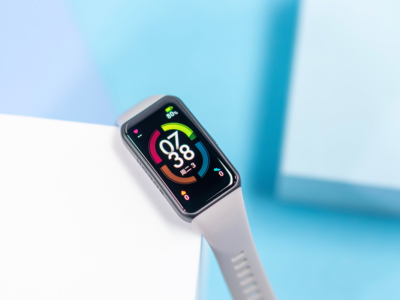

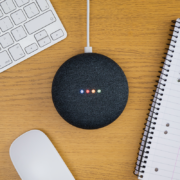



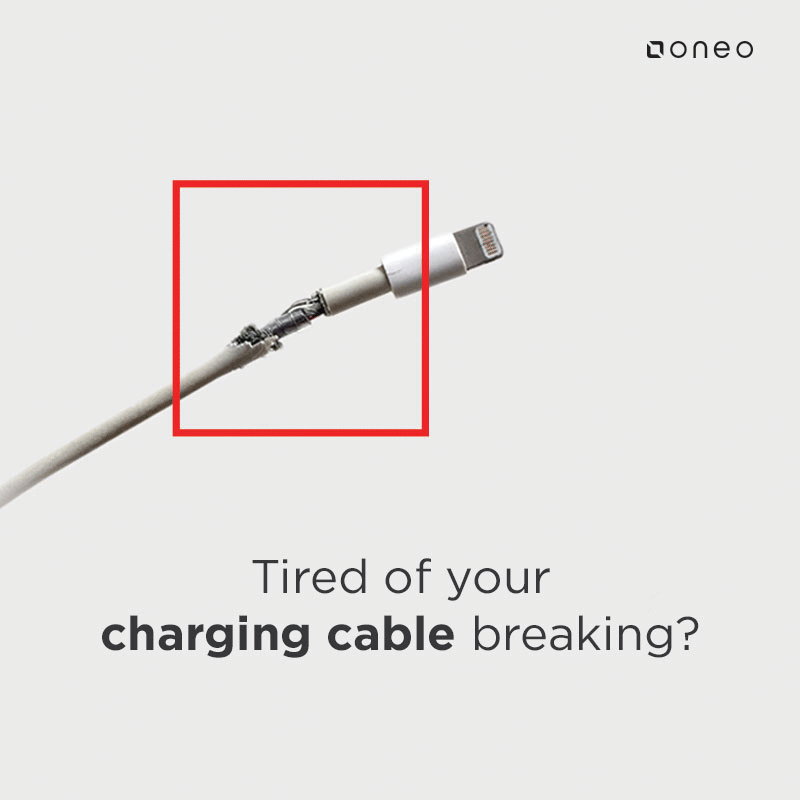
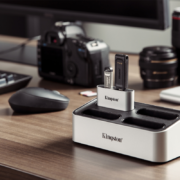
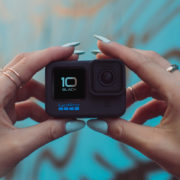
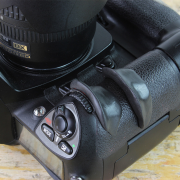
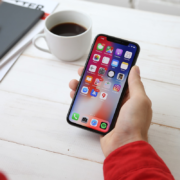
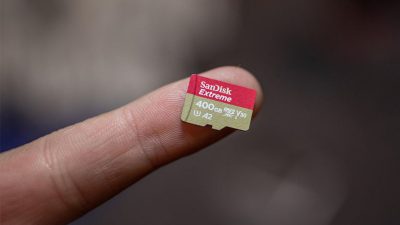
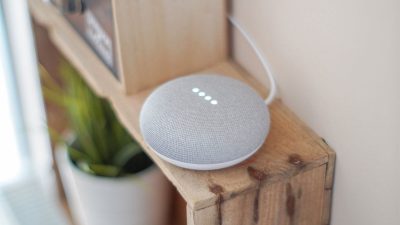
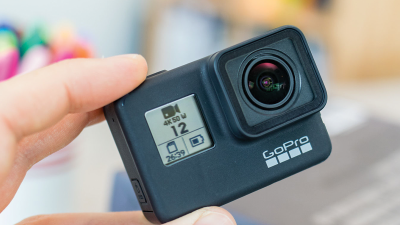
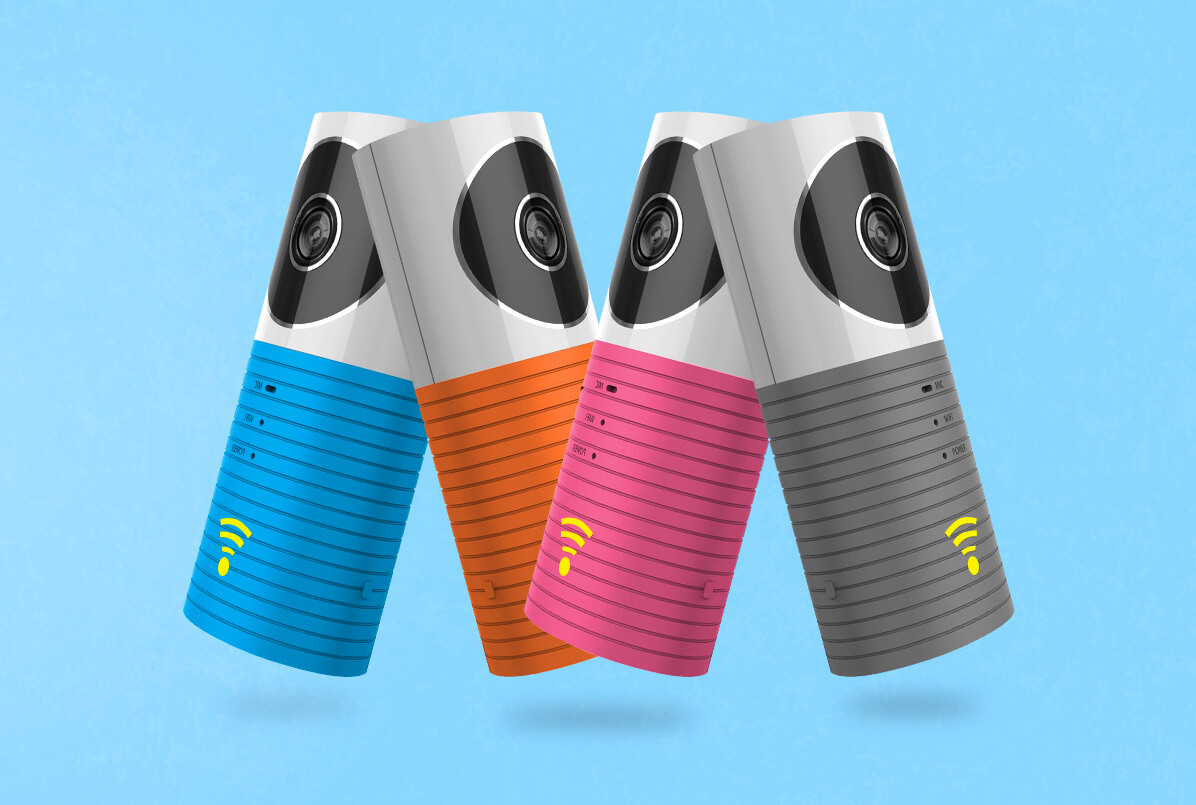
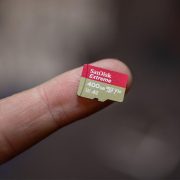
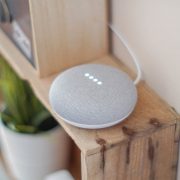
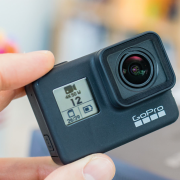
Comments